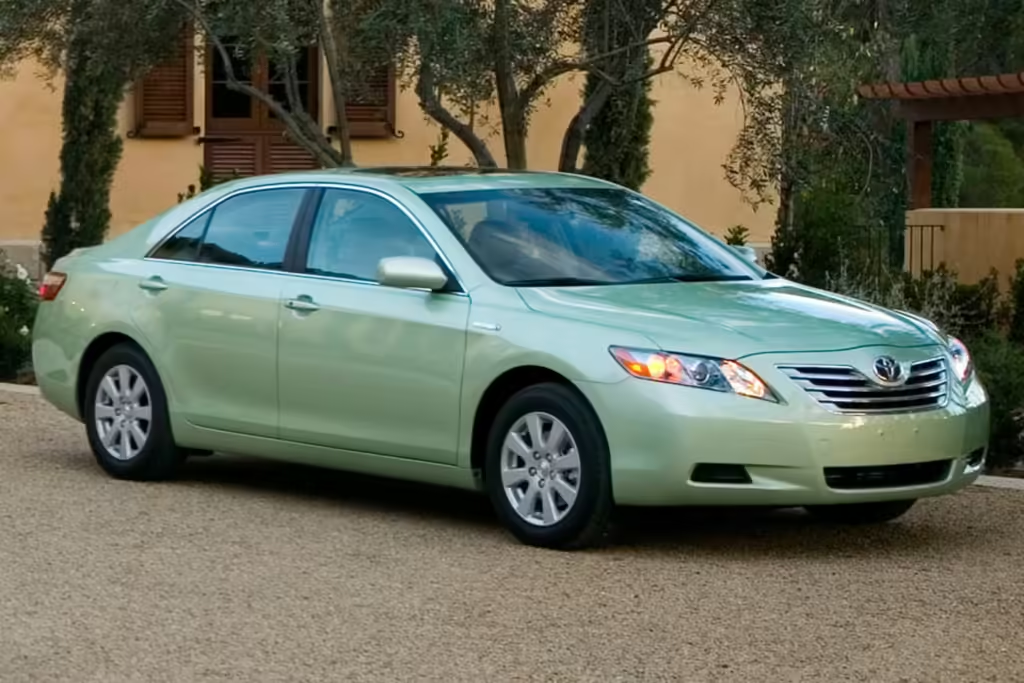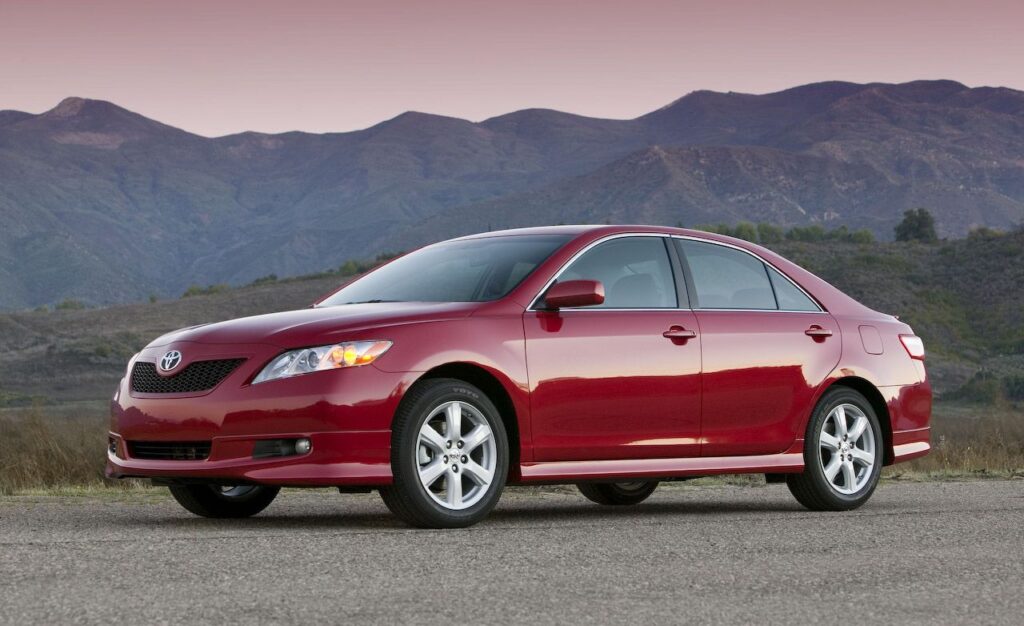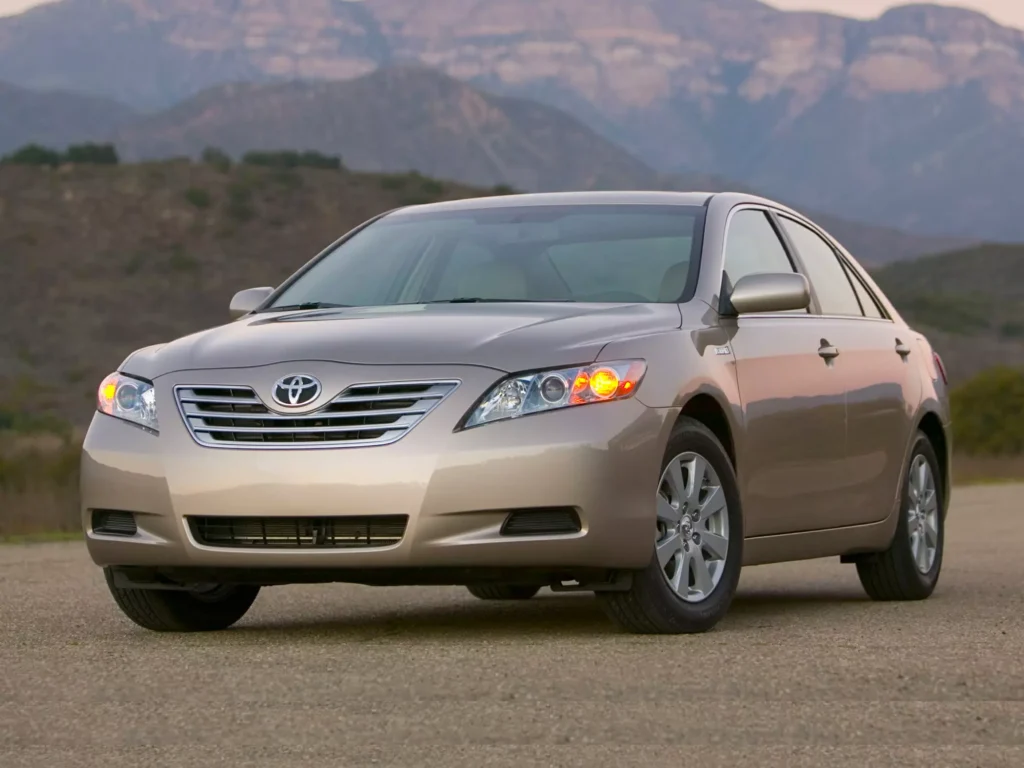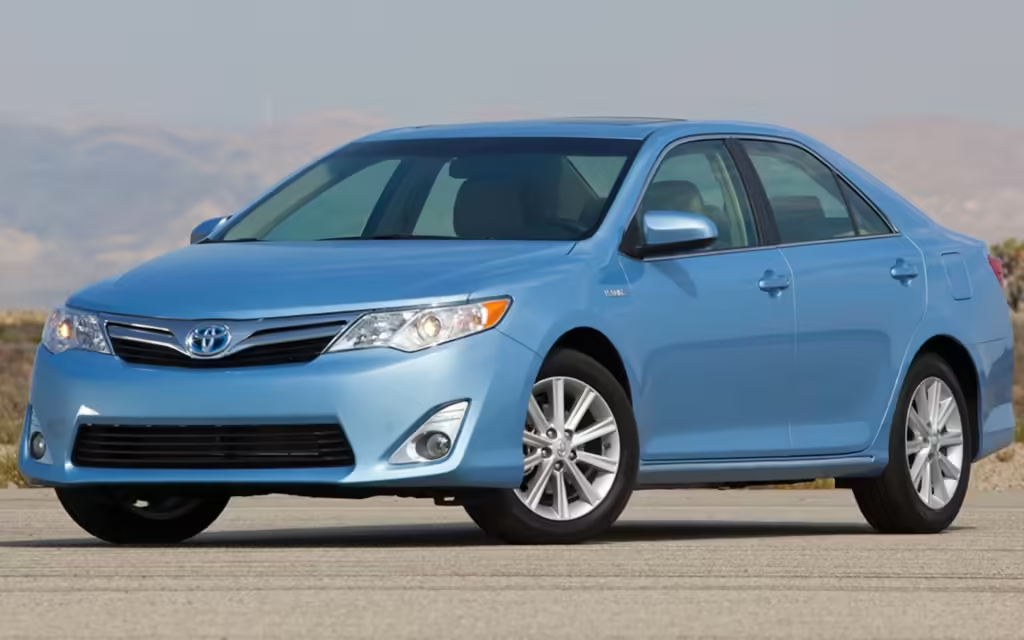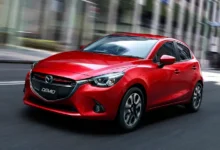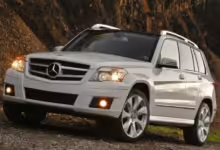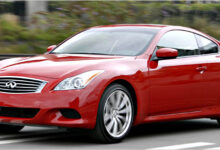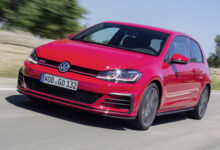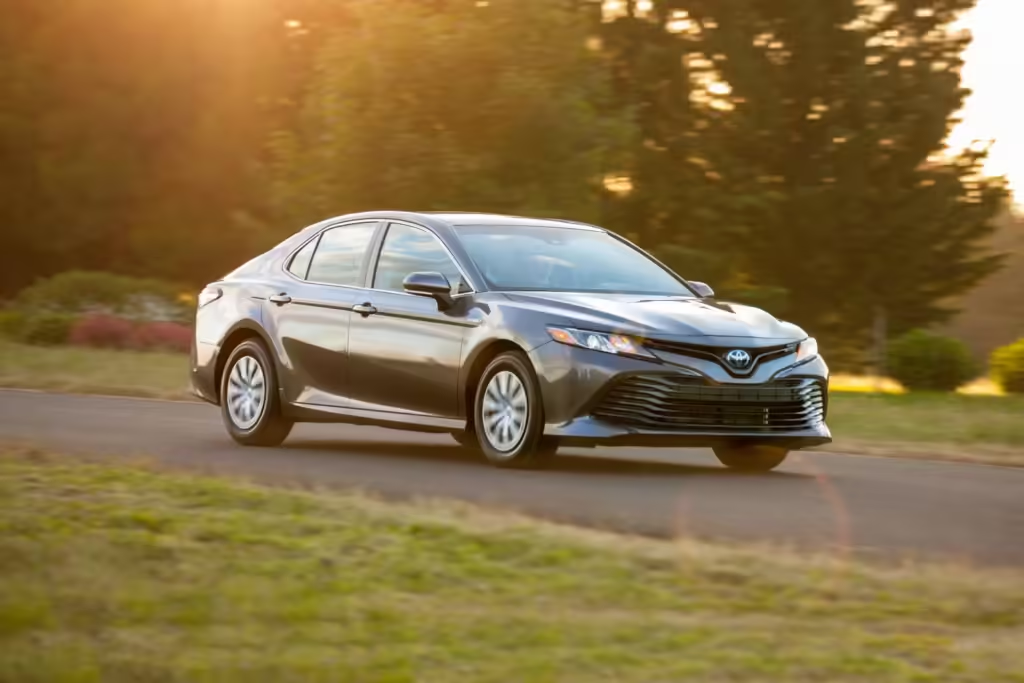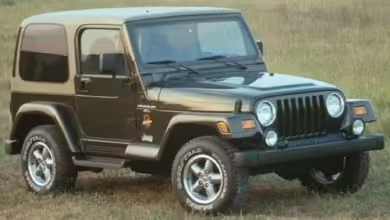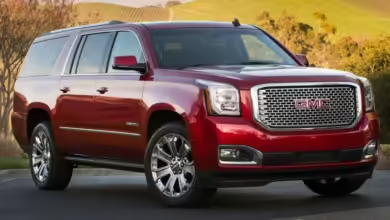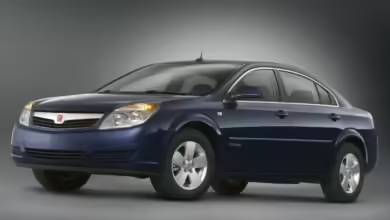Toyota Camry Hybrid Years To Avoid: Years to Steer Clear Of!
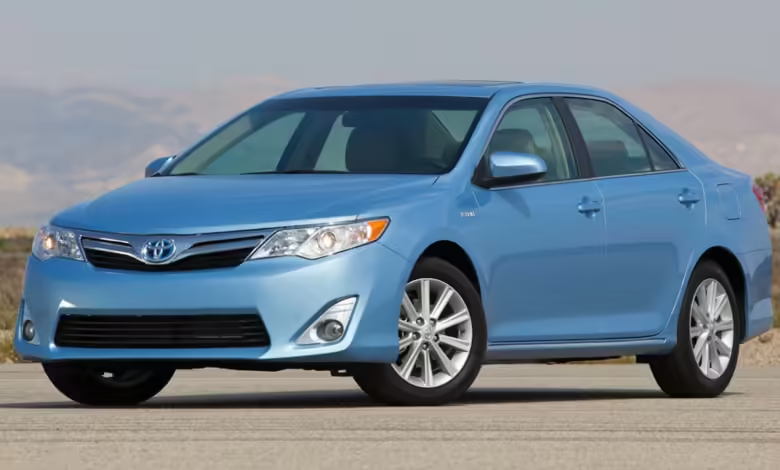
Picture the Toyota Camry Hybrid as a symphony orchestra. In most years, it performs a flawless concert, with each part working harmoniously to create a masterpiece of reliability and efficiency. However, there are some years where the orchestra hits a few sour notes, turning the experience into a cacophony of mechanical issues and unexpected repairs. Join us as we decode the Camry Hybrid’s symphonic timeline, revealing the off-key years you should skip to ensure your automotive journey remains melodious and trouble-free.
2007 Toyota Camry Hybrid
The 2007 Toyota Camry Hybrid is a model year fraught with significant issues. The transmission is particularly problematic, with frequent reports of rough shifting, slippage, and even complete transmission failure. These problems often necessitate costly repairs, sometimes exceeding $3,000. Additionally, the 2007 model has been known for engine troubles, such as excessive oil consumption and power steering issues. These recurring and severe problems make the 2007 Camry Hybrid a model year to avoid if reliability is a priority.
2008 Toyota Camry Hybrid
Unfortunately, the 2008 Camry Hybrid inherited many of the 2007 model’s issues. The transmission problems persisted, with many owners reporting lag and hesitation during gear changes. Engine issues, including excessive oil consumption, continued to plague this model year. Drivers often found themselves adding oil more frequently than normal, leading to potential engine damage if not meticulously managed. Furthermore, the ignition coil was another common failure point, often going bad after 100,000 miles. These issues collectively make the 2008 Camry Hybrid another year to avoid.
2009 Toyota Camry Hybrid
The 2009 Camry Hybrid still carried over many of the problems from its predecessors. While the transmission issues were slightly less prominent, they were still significant enough to cause concern, with owners experiencing transmission lag and hesitation. Excessive oil consumption remained a critical issue, leading to frequent and often costly maintenance. These persistent problems continued to undermine the reliability of the 2009 model, making it a year best avoided.
2012 Toyota Camry Hybrid
The 2012 Camry Hybrid is another model year that raised many eyebrows due to its air conditioning problems. Owners reported a musty smell coming from the AC vents, which was severe enough to lead to a class-action lawsuit. Additionally, issues with the AC compressor and heater were common, often requiring replacements and thorough servicing to resolve. These issues, while not as severe as transmission or engine failures, still contribute to a less than stellar ownership experience for this model year.
2018 Toyota Camry Hybrid
When researching Toyota Camry Hybrid years to avoid, it’s important to be aware of certain models that have had significant issues. The 2018 Camry Hybrid also had its share of issues, despite being part of a more recent generation. This model year saw complaints about transmission problems and engine issues. While not as widespread as in earlier years, these problems were still significant enough to warrant caution. The 2018 model’s issues were often related to engine misfires and rough shifting, affecting the overall driving experience and reliability
